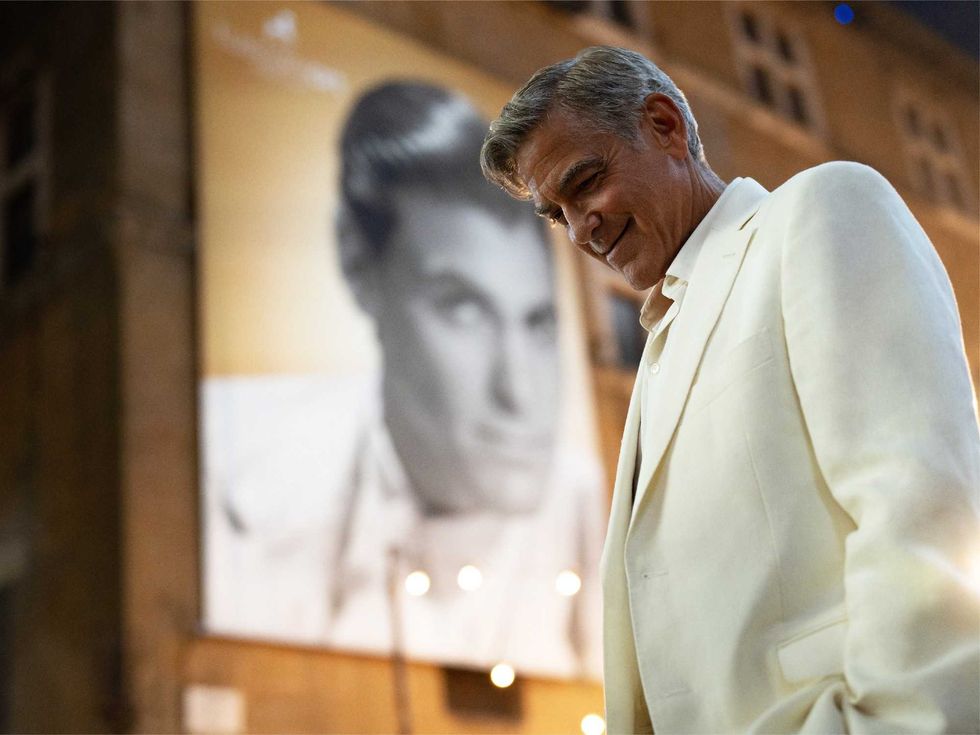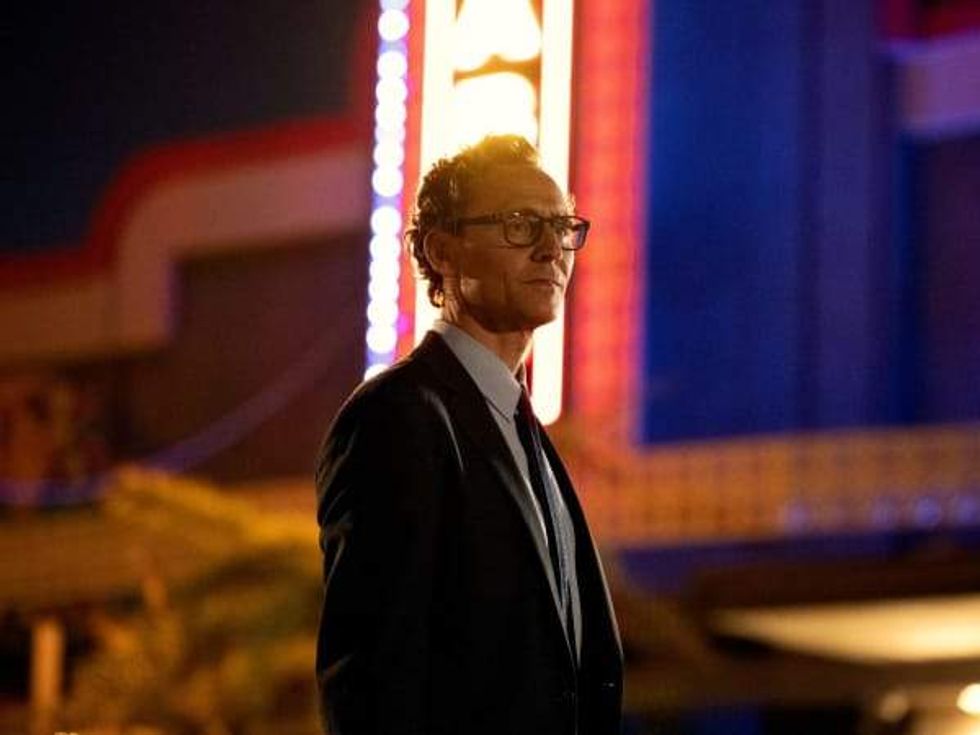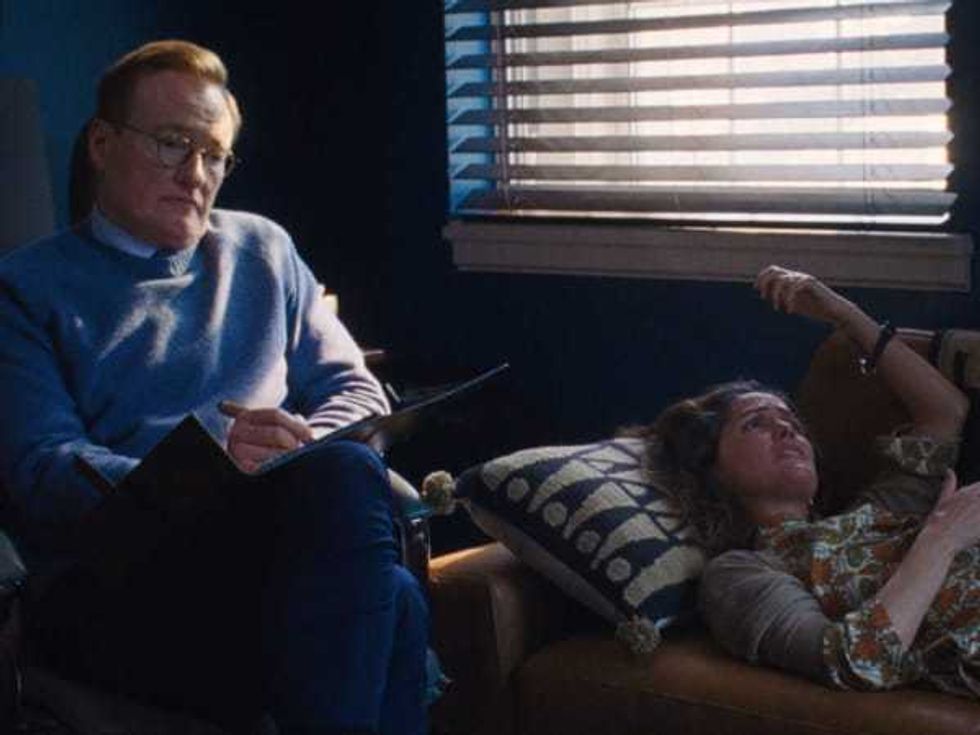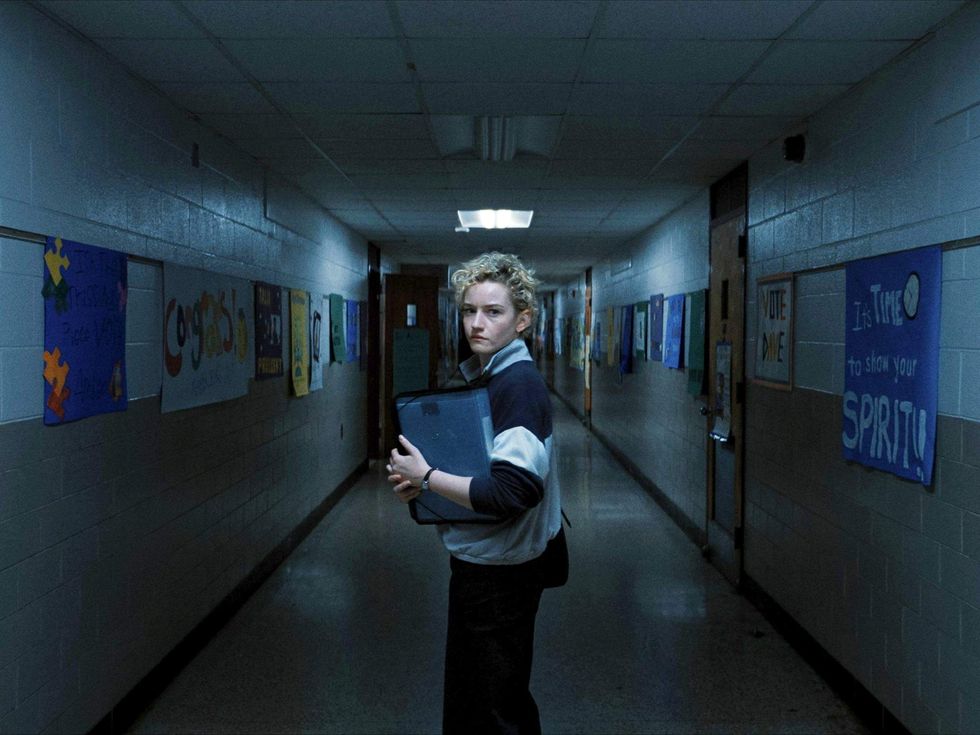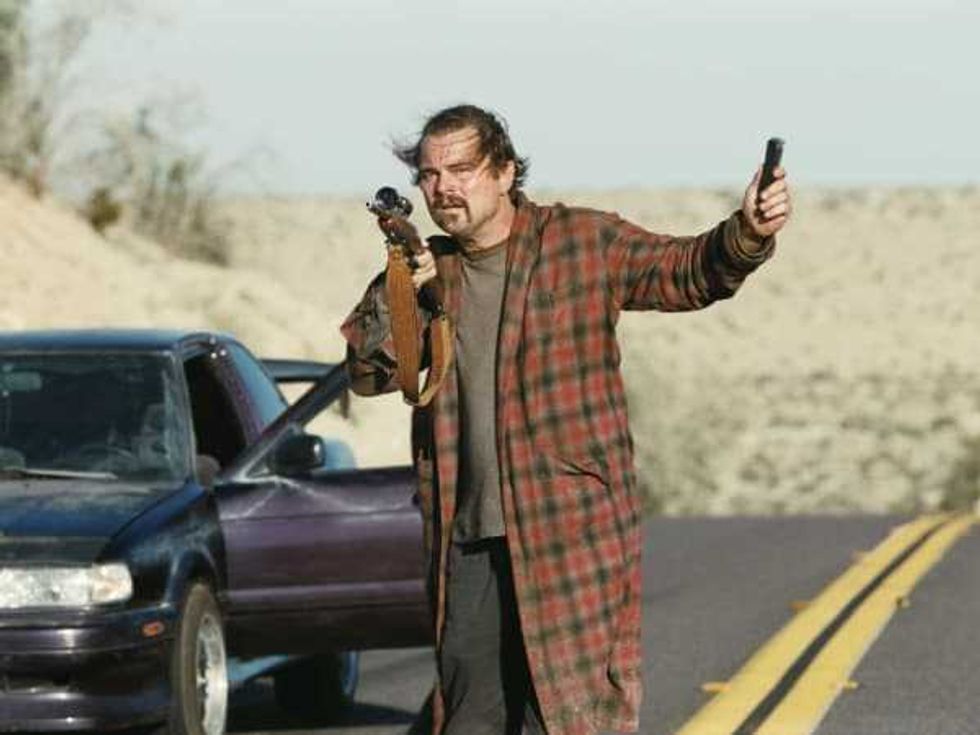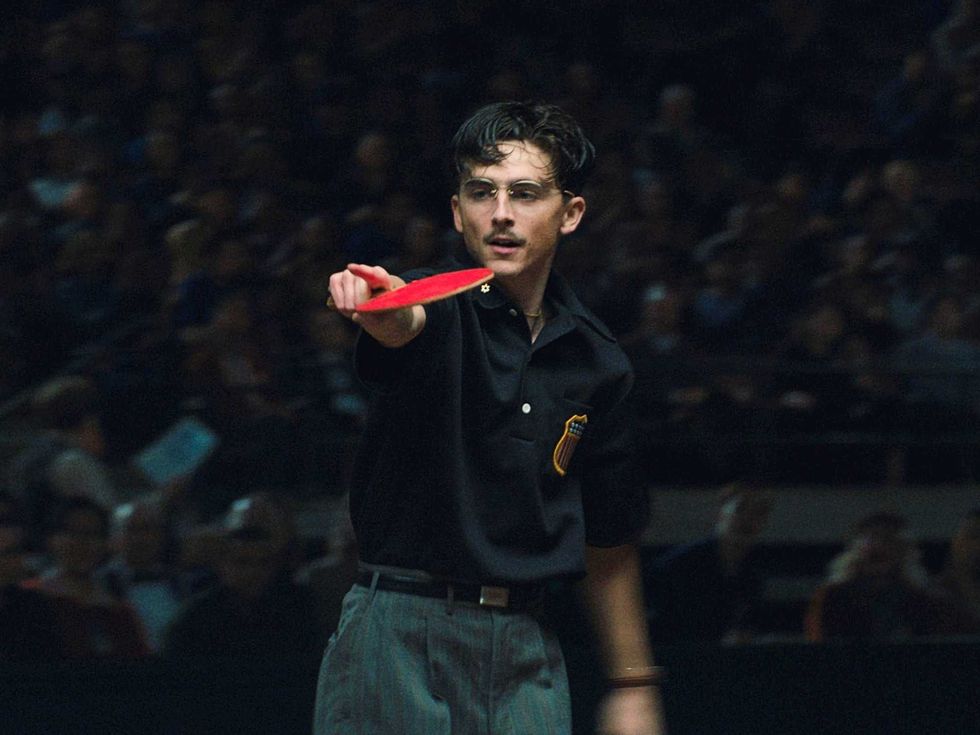Appreciation
From here to obscurity: Film critic Judith Crist deserves high praise fortrailblazing ways
I used to half-joke that, back when I was in my early teens, the two most prominent film critics in America arguably were Pauline Kael and Judith Crist – meaning that, while I was growing up, I wanted to do a girl’s job.
Unfortunately, I more or less had to give up on making that jest quite a while back – and, no, not because so many people would instantly respond, “Hey, what the hell about Andrew Sarris? Or Stanley Kauffmann?”
In her prime, Crist was a trailblazer as well an opinion-shaper, earning at least a footnote in the history of American film criticism when she became the first full-time female film critic for a major American newspaper.
The melancholy truth is that, despite her impressive span of glory days in the 1960s and early ‘70s, a period during which she served simultaneously as film critic for New York magazine, TV Guide and The Today Show, thereby ensuring a consistently high profile, Crist – who passed away Tuesday at age 90 – slipped into relative obscurity a long time ago.
So much so, in fact, that throughout the last couple of decades, I found myself more often than not having to explain who she was – and what she meant – whenever I made that tongue-in-cheek but not entirely untrue remark about my early influences.
In her prime, Crist was a trailblazer as well an opinion-shaper, earning at least a footnote in the history of American film criticism when she became the first full-time female film critic for a major American newspaper, The New York Herald Tribune, in 1963. After that, as New York Times writer Douglas Martin notes in an appreciative obit that is well worth reading in full:
Her commentary had many homes: The New York Herald Tribune, where she was the first woman to be made a full-time critic for a major American newspaper; New York magazine, where she was the founding film critic; and TV Guide, which most defined her to readers. Her reviews appeared there for 22 years at a time when the magazine blanketed the country, reaching a peak readership of more than 20 million. She was the Today show’s first regular movie critic, a morning fixture on NBC from 1963 to 1973. And she wrote for Saturday Review, Gourmet and Ladies’ Home Journal.
A Harris Poll of moviegoers in the 1960s cited her as their favorite critic. In 1968, Film Quarterly called her “the American critic with the widest impact on the mass audience.” When TV Guide decided to dismiss her in 1983 to replace her column with a computerized movie summary, executives told her they might come crawling back to her in six months to beg her to return. The magazine was deluged with letters, and asked her back three weeks later. She was given a raise and stayed until 1988."
And yet: Tastes change, influence wanes. As early as 1973, she was eased out of her spot at The Today Show and replaced by quipster Gene Shalit. She continued to write – and, at Columbia University, teach – past the turn of the century. By 2009, however, she had fallen so far off the radar that writer-director Gerald Peary opted to not mention her at all in his documentary For the Love of Movies: The Story of American Film Criticism — a questionable decision that I did indeed question in my Variety review of the film.
As you likely already have surmised: I was an ardent fan of Crist’s work during my formative years, and continue to be an admirer even as I stagger into my dotage. (While typing this in my home office, I can spot my well-thumbed, personally autographed copy of her book The Private Eye, The Cowboy and the Very Naked Girl on a nearby shelf.)
She could launch lethal zingers with the best of them – she once described The Sound of Music as fodder “for the 5-to-7 set and their mommies who think their kids aren’t up to the stinging sophistication and biting wit of Mary Poppins ” – but I enjoyed her more for the unbridled enthusiasm she brought to praising both serious cinema and what she called “delicious trash.”
She could launch lethal zingers with the best of them – she once described The Sound of Music as fodder “for the 5-to-7 set and their mommies who think their kids aren’t up to the stinging sophistication and biting wit of Mary Poppins."
Crist — like Kael, Sarris, Kauffmann and a handful of others — was a must-read critic during a golden age much beloved by movie buffs, stretching roughly from 1967 to 1980, when there seemed to be so very many must-see movies. Consider, if you will, her Top Ten for 1967:
- Bonnie and Clyde
- La Guerre est Finie
- The Graduate
- In the Heat of the Night
- In Cold Blood
- Ulysses
- The Battle of Algiers
- Falstaff
- Father
- The President’s Analyst
Worthy choices, all. Movies, much like Crist’s own best work, that have stood the test of time, even if some, like Crist, are no longer as widely recognized as they once were.
Back in 1973, not too long after her ouster from The Today Show, Crist gave a lecture at Loyola University in New Orleans while I was in my final year as a journalism major. I had the opportunity to speak with her — and, yes, get my book autographed —during a pre-lecture reception, and was greatly charmed by the lady. (I admit it: I laughed out loud, like the most transparent sort of sycophant, when she made a passing reference to her Today Show replacement as “Gene Shallow.” Sorry, Mr. Shalit, I couldn’t resist.) And during the lecture itself…
OK, there’s no way to write this without sounding like ego-tripping, so I’ll try to be brief. On a couple of occasions during her lecture, she paused while trying to remember the name of a specific actor or director. The first time this happened, I impulsively blurted out the name she was fumbling for – and immediately felt embarrassed for being a presumptuous jerk. But, wonder of wonders, Crist merely smiled in my direction, and said, “Thanks.” So I felt emboldened to chime in again when she had a second stumble.
The third time she couldn’t remember a name, I briefly held back – after all, this was her lecture, not mine, and I didn’t want to look like a complete doofus. So Crist turned, looked directly at me in the auditorium audience, smiled once one more and asked, “OK, you know, who is it?” I did know – she was trying to remember Don Siegel, director of Dirty Harry – so I told her. And she thanked me. And I felt the way mortals usually feel after they’ve been of some small service to a deity.
I have dined out on that story for decades, of course. (At least, I have done so while breaking bread with fellow film buffs.) But what I really took to heart that evening was something Crist said when asked about the difference between her reaction to a film as a critic, and an average moviegoer’s response.
“I’m just like you,” Crist told the Loyola University audience. “I’ll see a movie, and think, ‘Yay!’ Or, ‘Ugh!’
“The only difference is, I take that ‘Yay!’ or ‘Ugh!’ – and stretch it out to four or five hundred words.”
Which, come to think of it, is pretty much the same thing I’ve been doing for the last 40 years or so.
So you see, I was right: I did grow up to a do a girl’s job.
Joe Leydon writes about movies on MovingPictureBlog.


